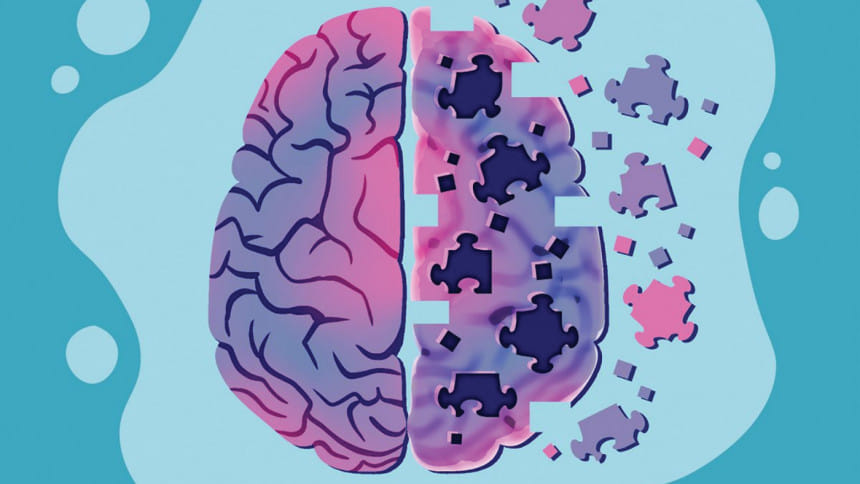Dementia Alzheimers and the sundowning effect

Dementia itself is not a disease itself, a brain-related disorder. It is a syndrome of symptom complexes like memory impairment, language, and other mental skills. There are mainly four types of dementia, such as Alzheimer's disease, vascular, frontotemporal, and lewy body dementia. Among all, Alzheimer's disease is the most common. It causes short-term memory loss. In vascular dementia, there is a lack of problem-solving and thinking speed. In frontotemporal personality and language skills are affected.
Signs of dementia are short-term memory loss, forgetting words, and disorientation with time and place. Difficulty in doing familiar works. The bad thing is all of these are progressive and worsening. Alarming thing is the frontotemporal type may start at an earlier age. Alzheimer's type starts late.
Talking therapies and anti-depressants are better treatments. Some drugs, like benzodiazepine, if taken for more than three months, tricyclic antidepressants, and drugs to control overactive bladder, may increase the risk of dementia. Ways to reduce dementia are to pursue education, study throughout life, stop smoking, and socialise more. Drink less alcohol, and your hearing should be checked. The pharmacological agents such as Donepezil, Rivastigmine, Galantamine, and Memantine do not have conclusive evidence in controlling the symptoms of dementia in the long run.
Sundowning is a behaviour when a person becomes intensely distressed and agitated in the late afternoon; the symptoms may continue throughout the night, making it hard for them to sleep. It is more common in later stages of life. There might be tiredness, hunger, pain, or other unmet physical needs. To address the problem, one should agree with a dementia patient, not shame them rather than distract them.
Reassure them, encourage them to make eye contact, and smile. Reminiscing about events, making their favourite food, playing music that they like, repeating words, showing empathy, handling with care, dignity, love, and affection.
The writer is a gerontologist and a public health specialist. E-mail: [email protected]

 For all latest news, follow The Daily Star's Google News channel.
For all latest news, follow The Daily Star's Google News channel. 



Comments